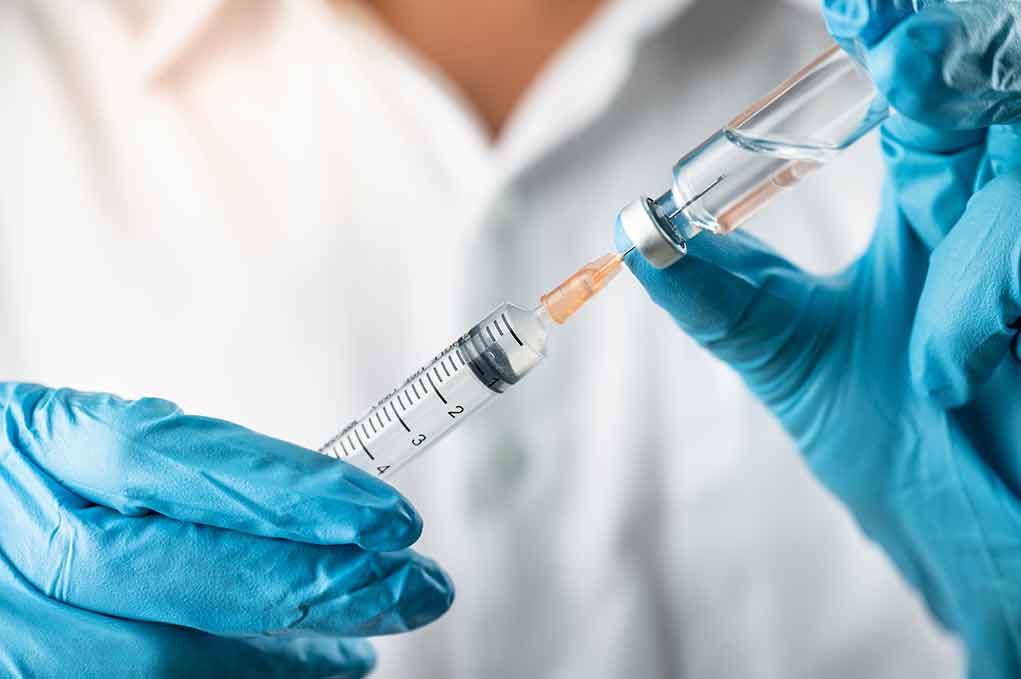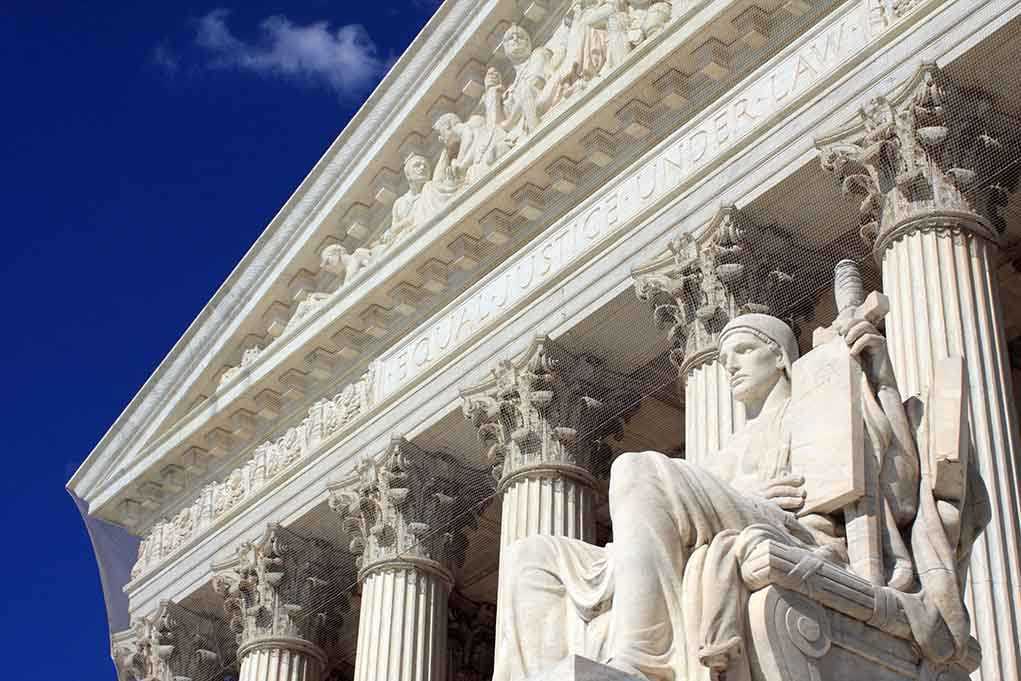Health Secretary Robert F. Kennedy Jr. announced plans to mandate placebo-controlled trials for all new vaccines, sparking debate between public health officials and vaccine skeptics amid ongoing measles outbreaks.
Top Takeaways
- Kennedy proposes that all new vaccines must undergo placebo-controlled trials, potentially increasing safety transparency
- The Health Secretary advised parents to “do your own research” before vaccinating their children
- The Trump administration is investing $500 million in universal vaccine development despite health agency budget cuts
- This policy shift comes during measles outbreaks in at least six states
- Kennedy acknowledged vaccines’ role in preventing disease spread while emphasizing individual choice
Kennedy’s Vaccine Testing Proposal
Health and Human Services Secretary Robert F. Kennedy Jr. plans to implement mandatory placebo-controlled trials for all new vaccines seeking approval. This significant policy change aims to increase transparency in vaccine safety evaluations but may potentially lengthen the approval process for new immunizations. The proposal comes as part of Kennedy’s broader approach to vaccine oversight, which has consistently emphasized increased scrutiny of vaccine development, testing, and distribution processes. Kennedy’s stance represents a departure from previous administrative approaches to vaccine approval procedures.
Kennedy’s “Do Your Own Research” Comments
In recent statements, Secretary Kennedy advised American parents to conduct independent research before vaccinating their infants. “I would say that we live in a democracy, and part of the responsibility of being a parent is to do your own research,” said the health secretary. He compared researching vaccines to investigating baby strollers and infant foods, suggesting parents should apply similar due diligence. These comments drew criticism from public health experts who note that the phrase “I did my own research” became a contentious cultural reference during the COVID-19 pandemic, often associated with vaccine hesitancy.
Kennedy’s statements came during the largest U.S. measles outbreak in 25 years, which has resulted in three deaths. While acknowledging the efficacy of the measles vaccine, Kennedy emphasized individual choice in vaccination decisions. “If you want to avoid spreading measles, the best thing you can do is take that vaccine,” Kennedy stated, while maintaining his position that vaccination should remain a personal decision rather than a mandate.
Broader Health Initiatives and Concerns
Despite budget reductions in health agencies, the Trump administration has committed $500 million to develop a universal vaccine. This investment stands in contrast to widespread staffing cuts across health departments. Meanwhile, measles outbreaks continue in at least six states, with specific cases reported in Illinois involving individuals with unknown or partial vaccination histories. Public health experts attribute these outbreaks directly to declining vaccination rates and increasing vaccine hesitancy among certain populations.
Recent scientific findings have added new dimensions to vaccine discussions. A study revealed that receiving influenza vaccines, with or without concurrent COVID-19 vaccination, can cause temporary changes in menstrual cycles. Additionally, the University of Minnesota’s Center for Infectious Disease Research and Policy announced the formation of a steering committee for its Vaccine Integrity Project, aiming to enhance vaccine research methodologies. These developments occur as the CDC addressed claims regarding changes in vaccine safety data management, confirming no alterations to their data stewardship practices.
Implications for Public Health Policy
The proposed placebo-controlled trial requirement represents a fundamental shift in vaccine approval processes. Proponents argue this change will enhance safety verification and increase public confidence in new vaccines. Critics counter that extended testing requirements could delay crucial vaccines during public health emergencies and potentially reduce pharmaceutical investment in vaccine development. Some healthcare professionals also express concern that these policies might inadvertently reinforce vaccine hesitancy by suggesting current approval processes are inadequate, despite decades of safe vaccine distribution.
The emerging policy direction reflects Kennedy’s longstanding positions on vaccine oversight and appears aligned with the administration’s broader approach to healthcare regulation. Implementation details, including how these requirements might apply to seasonal vaccine updates or emergency authorizations, remain to be clarified. Healthcare providers and public health departments across the country are now preparing for potential adjustments to vaccine procurement and distribution processes as these policy changes take shape.











